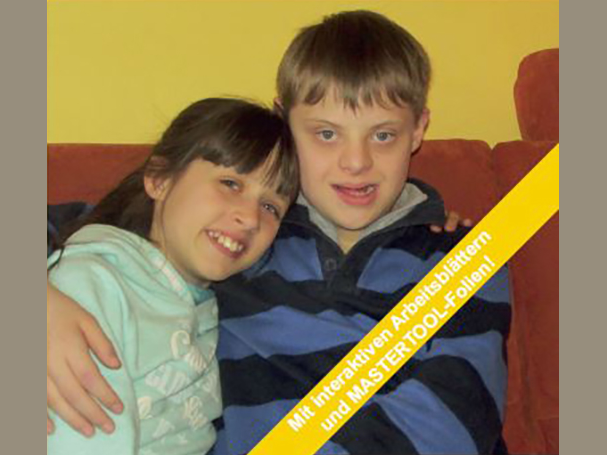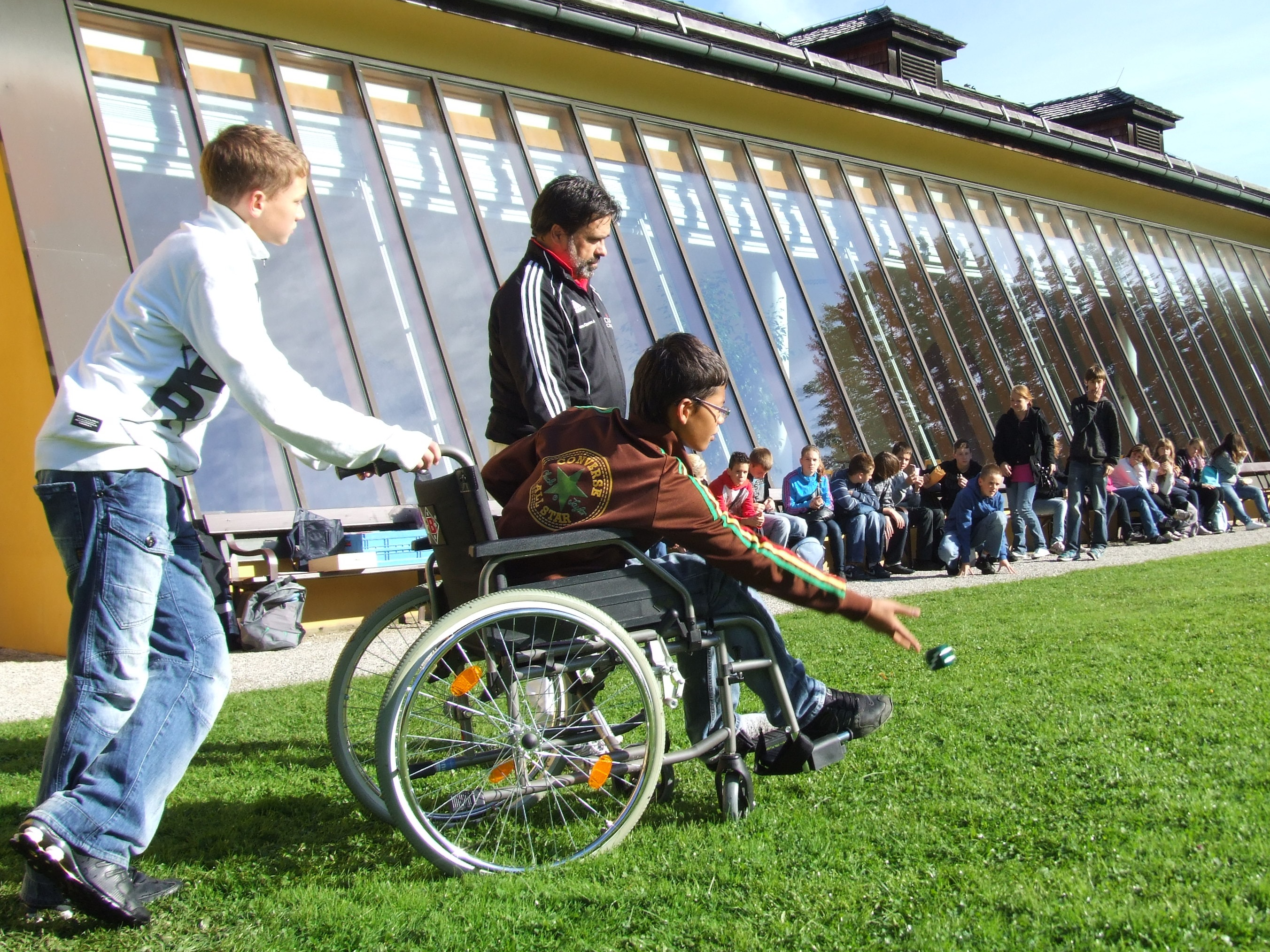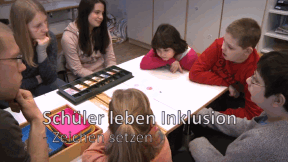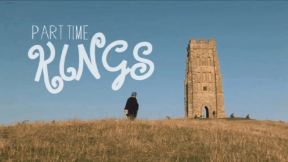 History
History
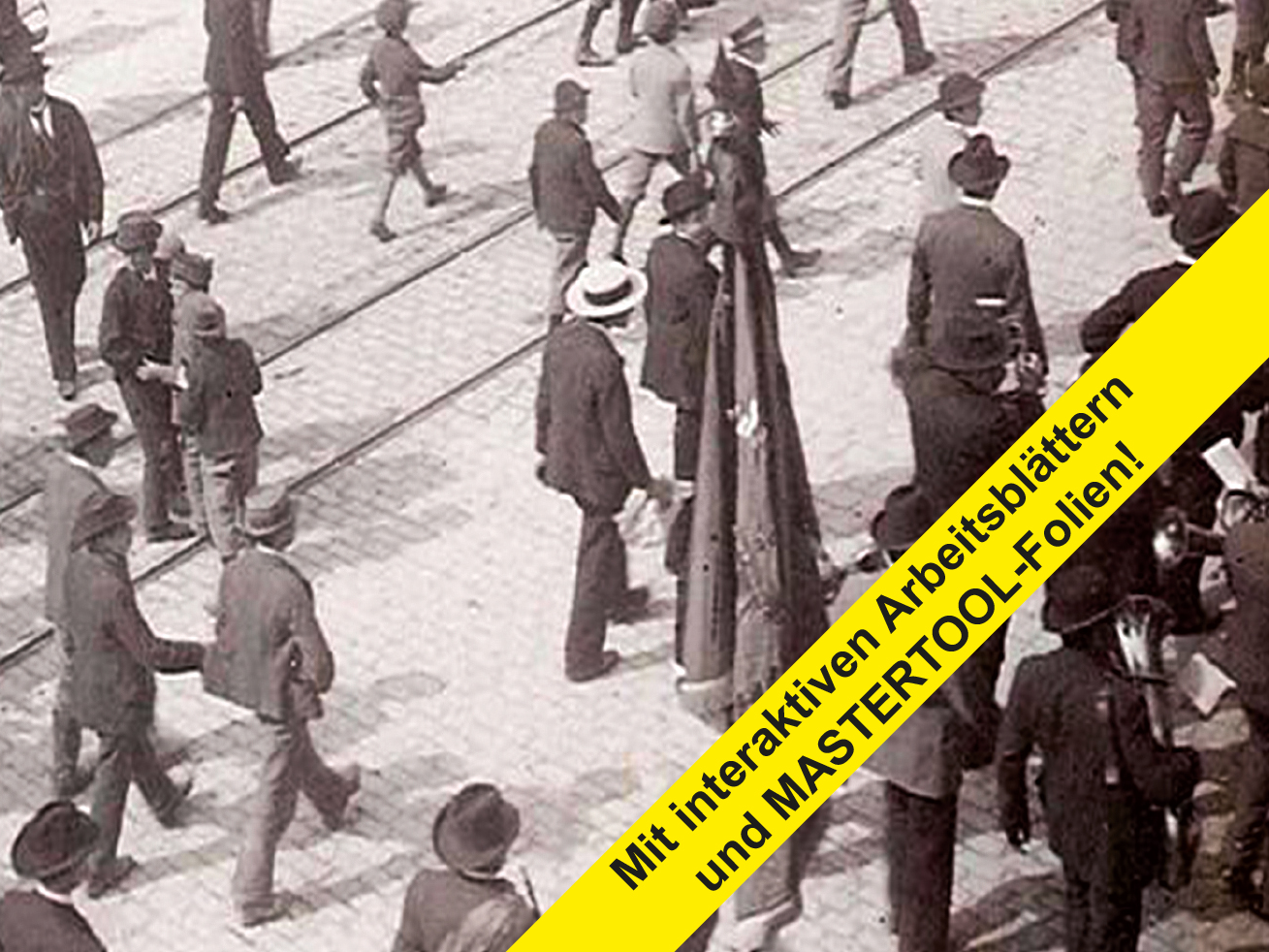
4671633 / 5561457
Labour Movement in Germany
1848 to 1914
In 1815, after the end of the Napoleonic wars, Europe reinvented itself. The Congress of Vienna created new states and changed a great number of borders. After the devastating war years, now a deceptive peace was reigning and people could focus on normal life again. The era of advancing industrialisation had been heralded and changed the economy in all of Europe and thereby the workers’ role. In the large enterprises they had become stooges for the new machines, had to adapt to their rhythm. Oppression and exploitation led to the pauperisation and impoverishment of the newly created working class. Discontent and unrest were foreseeable. Severe social conflict accompanied the time of early industrialisation in Europe. The workers realised that the time had come to discuss working hours, wages and the right to lead more civilised lives.
Play trailer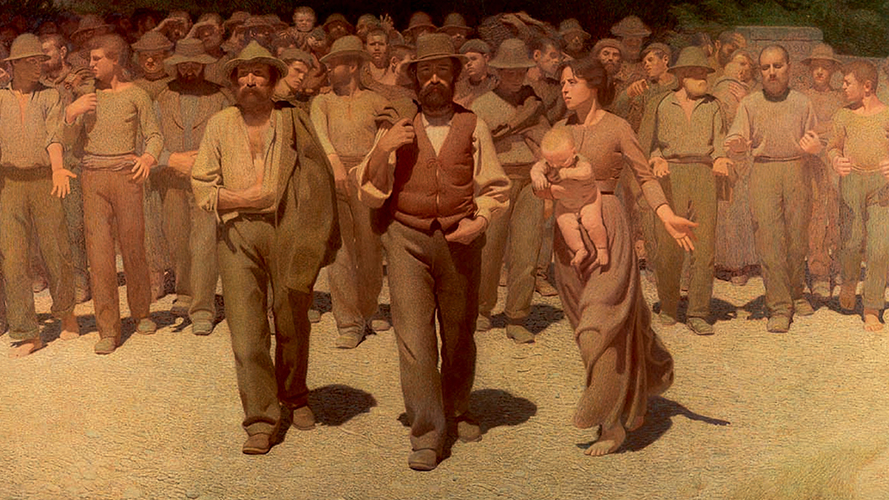
Curriculum-centred and oriented towards educational standards
Matching
Pupils Practise Inclusion
When people come together, no matter under what concomitant circumstances – ultimately, it is about how these people meet and how openly they interact with one another.




